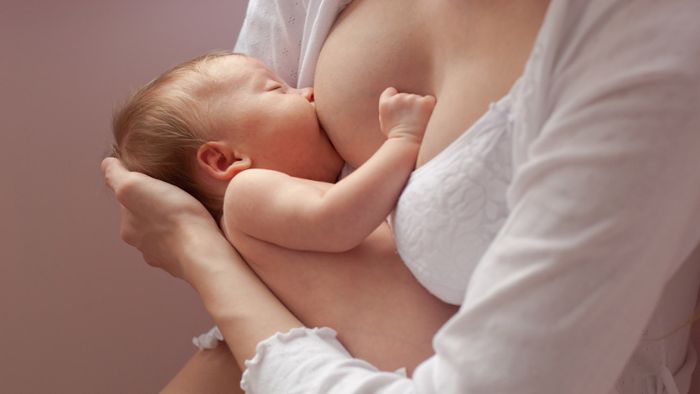The normal birth of a baby is determined to five pounds, eight ounces. Low birth weight describes babies, who weigh less than 5 pounds, 8 ounces (2.5 k.g approx). Babies with low birth weight are smaller in size than normal weight babies. The head of the low weight baby may look bigger than the body but on the whole the baby looks small and thin. You must check the weight of your baby regularly with the child specialist so that you can easily keep a track and take corrective action.
Causes of a baby born with low birth weight
There are two main reasons for a baby to be born with low birth weight:
Premature birth
A baby born before 37 weeks of pregnancy is termed as a premature baby. Most of the premature births are low weight babies. There can be several reasons for a premature delivery which has to be handled carefully by a gynaecologist.
Foetal growth restriction
Sometimes babies do not gain the weight that they should before birth. These are termed as “growth- restricted’, “small- for-gestational age” or “small for date’ babies. Some of these babies are of low birth weight because their parents were small, while others could be small because the growth in the womb stopped for some reason. The growth of the baby can be checked by ultra sound and by monitoring the heart rate.
Mother’s health plays
an important role on the growth of the baby’s weight. Problems like high blood pressure, diabetes, heart and lung problems, infections in the uterus can force a premature delivery and foetal growth restriction. Some problem in the placenta can reduce the flow of blood and cause low birth weight baby. Women who gain less weight during pregnancy can give birth to low weight babies. Women below the age of 17 are likely to have low birth weight babies.
Baby’s health
at birth can also lead to premature birth or foetal growth restriction. Birth defects can change the function or shape of any part of the body which can affect the overall health of the baby. These can prevent the growth of the baby in the womb and lead to premature birth and have low birth weight.
Medical problems in low birth weight baby and their treatment
Low-birth weight babies are likely to have more health problems than normal weight babies which can be–
Respiratory distress syndrome is a common breathing problem with babies born before 34 weeks of pregnancy. These babies may require oxygen to breathe and are kept in an incubator
Bleeding in the brain can take place in premature babies within three days of birth.Severe brain bleed can cause pressure brain causing brain damage. The fluid can be reduced with medicines or by draining the fluid with a tube.
Patent ductus arteriosus is a common heart problem in premature babies. It is associated with a large artery which closes after birth. In some cases when the artery fails to close fully it can lead to a heart failure.
Necrotizing enterocolitis is a problem in a baby’s intestines which can develop after two to three weeks of delivery. This can lead to feeding problems, swelling in the stomach and other problems.
Tips to cope with low weight baby
Low birth weight babies normally catch up in physical growth if there are no other complications. These babies have a risk of developmental problems. These babies are weak and are susceptible to any infection.
- They should be given all the vaccines in time.
- Breastfeeding is the best method for the growth of low birth weight baby
- The newborn should be kept warm by making him sleep next to you or ensuring the bed to be cozy and warm as these babies have less subcutaneous fat.
- Smoking near these babies must be avoided. Smoke from the cigarette is one of the biggest danger that can lead to asthma, ear and chest infections’
- Visitors must not be allowed near low birth weight babies to avoid infection of any type.
- The care of these babies must be done by a trained person or the mother herself.
- Low birth weight babies require regular monitoring of jaundice, irregular breathing. Fever, lethargic condition and drowsiness.





